The Nigeria Labour Congress (NLC) says consumers cannot afford to pay high electricity bills if there is a further increase in energy tariff.
Ayuba Wabba, NLC president, made this statement on Monday while speaking at the public consultation on capping of estimated billing by the Nigerian Electricity Regulatory Commission (NERC) in Abuja.
Describing the proposed increase in tariff as exploitative billing, he said the current cost of electricity has become unbearable for the rich while low-income earners are mostly affected due to the poverty level in the country.
Wabba condemned the exploitation of consumers through estimated billing by electricity distribution companies (DisCos), adding that the power sector privatisation should be reviewed.
Advertisement
“On our part, anything that will add cost to the consumers at this point in time, certainly, as a consumer and somebody that represents a large constituency, we will not be able to bear the cost,” he said.
“Where we are, the poverty level in Nigeria, I am telling you that many of us cannot afford to pay this exploitative billing.
“A retired DIG called me to say that he used to pay such amount and now this is what he is paying and that he cannot pay it again. Those are people at a higher level. What of those at the lower level, small and medium scale enterprises, like the barbers? Can the cooks pay?
Advertisement
“What is the per capita income in Nigeria? Let us be realistic, if not, we will put laws in place that are violated and nothing will happen.”
In May, the NERC had released guidelines for DisCos to submit their performance improvement plans (PIP) to pave way for a major tariff review by January 2020.
In June, the federal government had said that electricity tariff might be increased to improve the services of DisCos.
Advertisement
1 comments

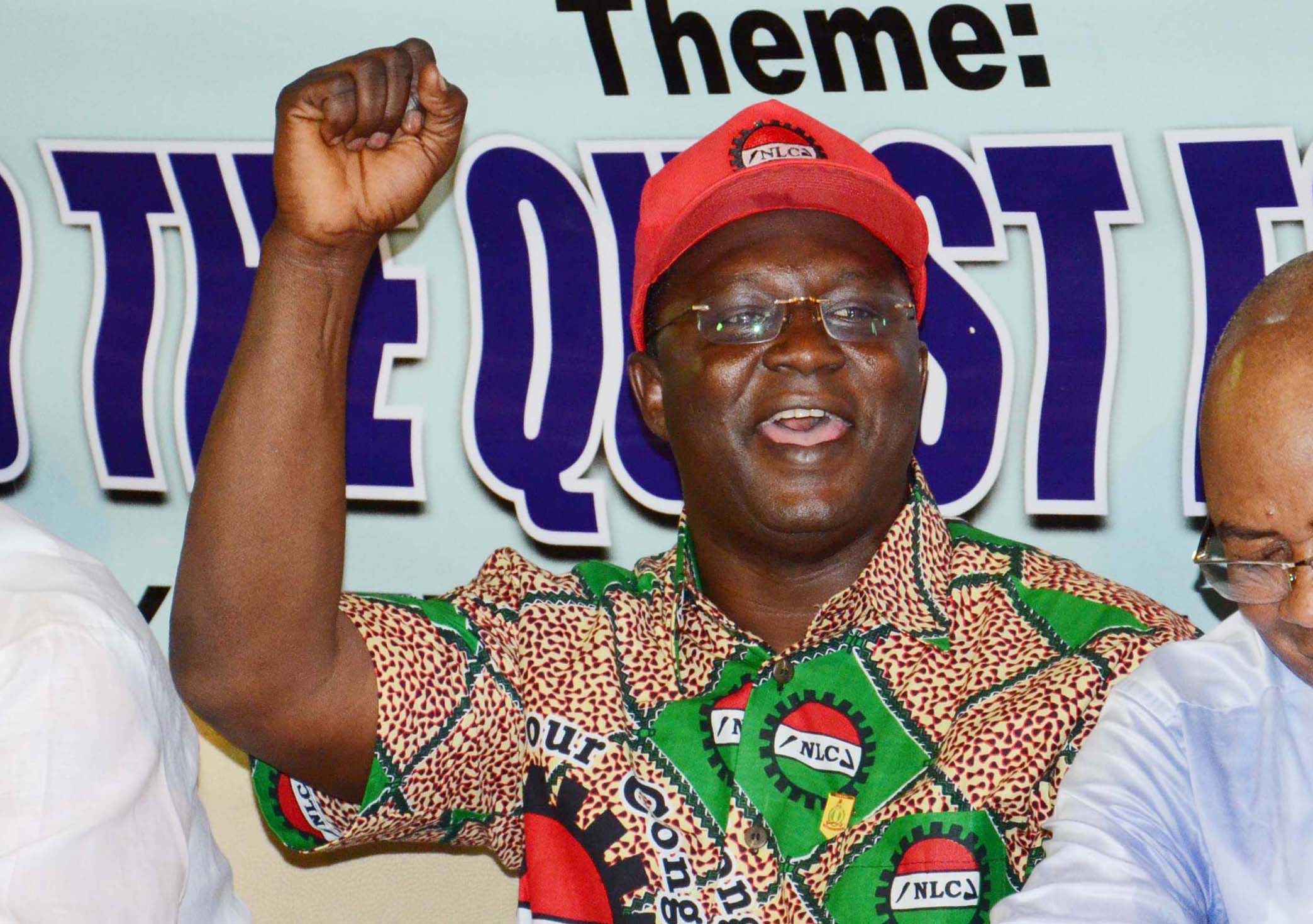
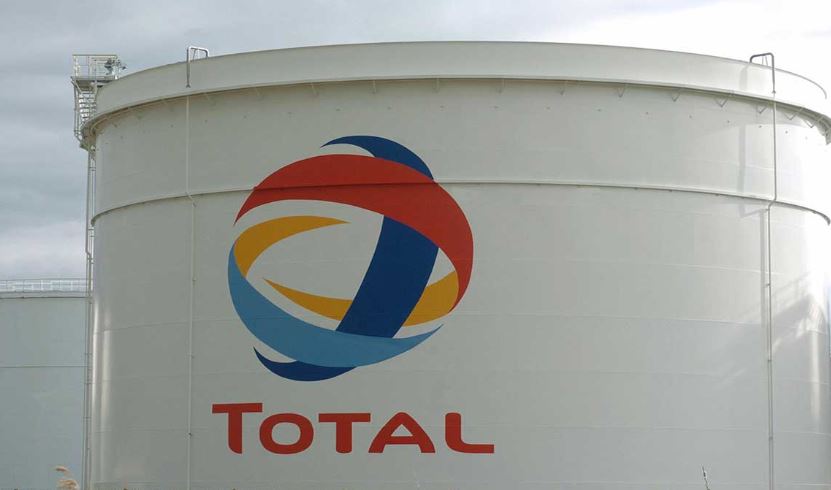
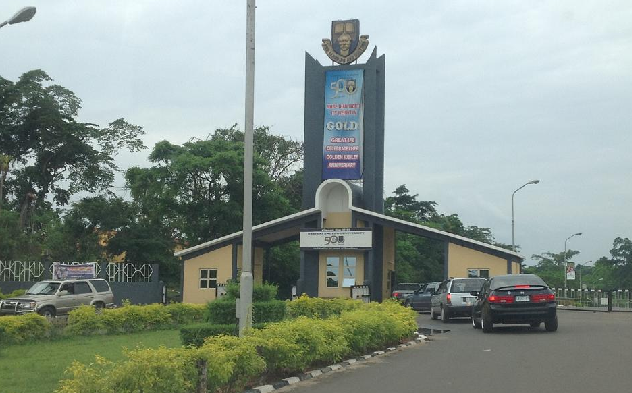
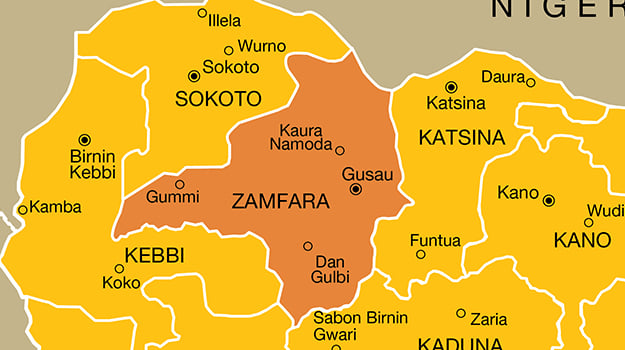
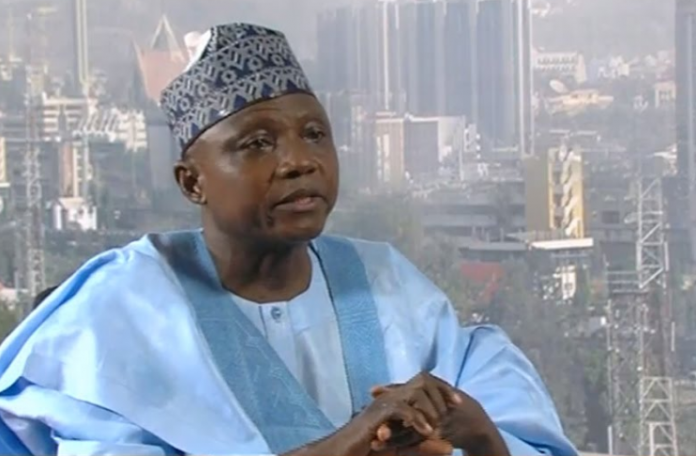
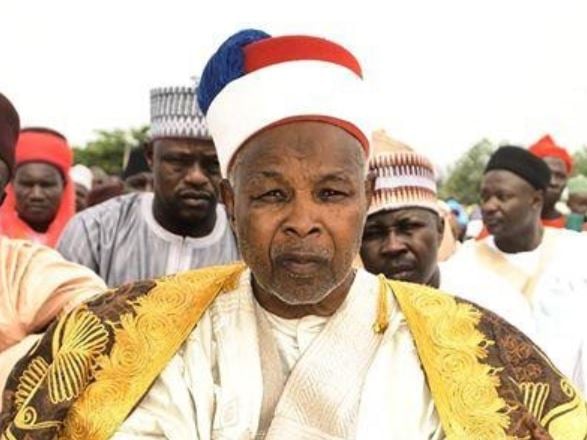
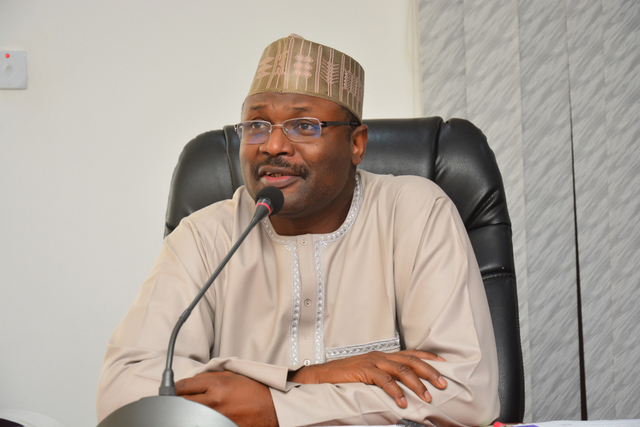
its not about the citizens not being able to afford electricity tariff, its about it being available in the first place. Why do we need to pay for something that doesnt exist. No part of the country can boast of 24 hrs light. Look at Ghana for instance.